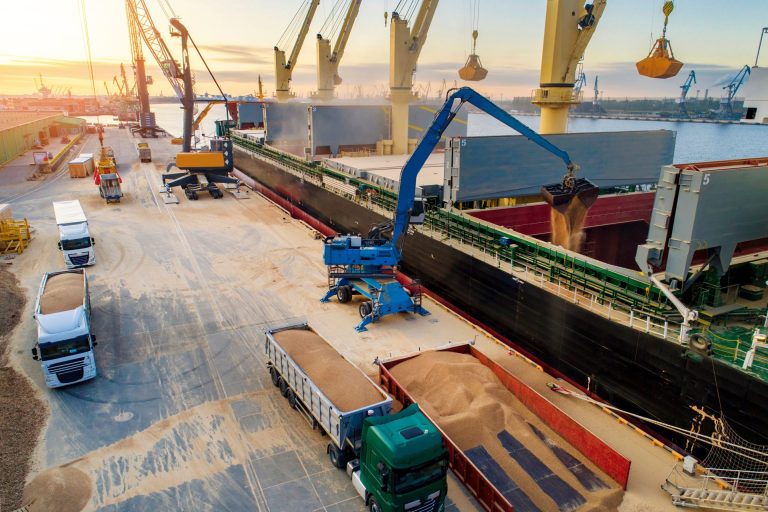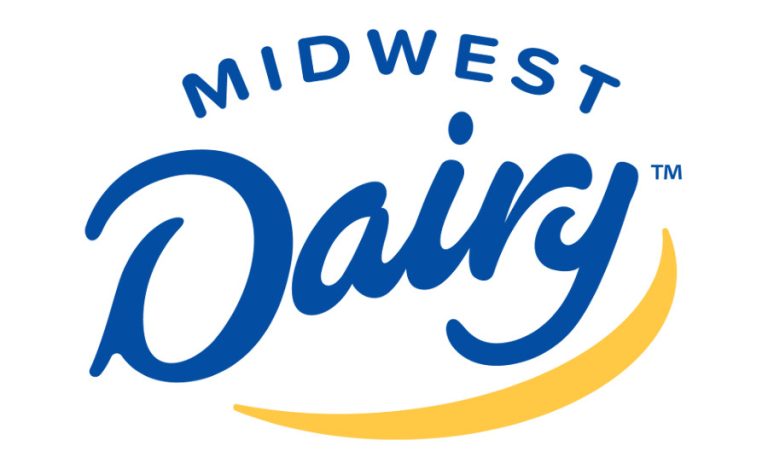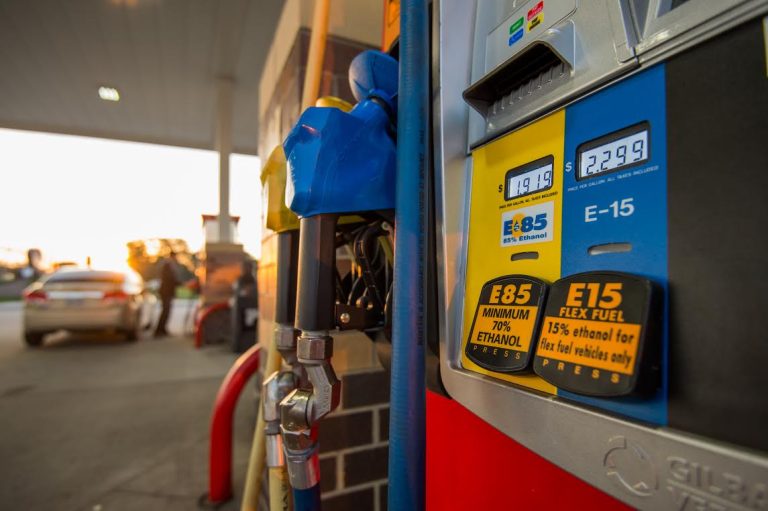IARN — Despite ongoing supply chain disruptions across industries, Iowa soybean farmers remain optimistic on the availability of soy oil for buyers and customers.
A recent hearing by the U.S. House Agriculture Committee on The Immediate Challenges to Our Nation’s Food Supply Chain sought to address ongoing concerns made by soy farmers and users on issues ranging from labor shortages to transportation delays. While interruptions to the supply chain and workforce continue to hinder many commercial products, Iowa Soybean Association President Robb Ewoldt said soy products remain plentiful.
“Producers across the state remain eager and optimistic in continuing to meet the increasing demand for soy,” Ewoldt said. “Although there is no soy oil shortage, the uncertainty of accessing once dependably available products like equipment parts and fertilizers continue to negatively impact Iowa farmers and rural communities across the state.”
Food industry groups continue to make claims that soy oil supplies are dwindling, citing biodiesel demand and a rapidly growing renewable diesel market. However, the U.S. Department of Agriculture (USDA) expects U.S. farmers to harvest more than 4.42 billion bushels of soybeans in 2021. Iowa’s soybean production is estimated at 601.2 million bushels for the year.
Additionally, at least seven new oilseed processing plants are currently under construction across the United States to meet the 26% growth in soybean supplies over the last 10 years, according to the American Soybean Association (ASA). A $350 million facility near Alta, in Buena Vista County, was recently approved by state and local officials and is expected to drive demand, crushing close to 38.5 million bushels annually.
The large Iowa crop means there will be soybean meal and soybean oil available for all uses—including human and livestock food and feed applications, and in the production of biofuels.
“We welcome any and all opportunities and uses which include the use of the soybeans we raise,” Ewoldt said.
Iowa Biodiesel Board (IBB) agreed, stating that new demand is a welcomed market signal for both soybean farmers and crushers. This will lead to increased value for soybean producers, more protein for livestock production and oil for food manufacturers as well as renewable fuel producers.
While Iowa biodiesel production supports more than 4,500 jobs and contributes millions to Iowa’s GDP, further support for Iowa’s soybean farmers through a robust Renewable Fuel Standard (RFS) would yield additional benefits. Grant Kimberley, Senior Director of Market Development for ISA and executive director of the IBB, said farmers are grateful for this committee’s attention to genuine issues and how to address them.
“ISA joins the American Soybean Association and IBB in urging the Biden administration to demonstrate a commitment to biofuels and the RFS it has pledged despite volume shortage rumors,” Kimberley said.
To learn more, visit iasoybeans.com.
Story courtesy of the Iowa Agribusiness Radio Network.
Photo courtesy of the Iowa Soybean Association













